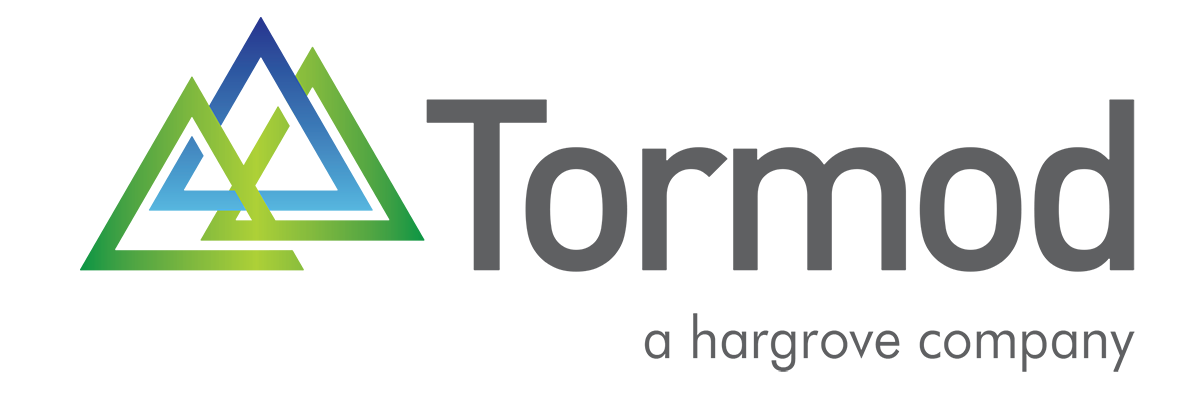Just as the strength of the foundation controls the shape and life expectancy of a building, the talent recruiting phase of an employee’s career life cycle establishes a high-quality foundation for the success of both the employee and the organization.
Talent recruiting is a fundamental practice that directly impacts the culture and success of an organization. Organizational leaders should prioritize this practice to create a culture of clear, direct, and energetic engagement.
If leaders consistently model a commitment to recruiting key talent, it will spread throughout all organizational levels, creating pride, teamwork, ownership, high morale, and company-wide success. Committed, engaged, success-minded talent must be valued.
Finding High-Quality Talent
Identifying, recruiting, and retaining high-quality talent is becoming more challenging for all manufacturing-related organizations. Causes that contribute to this challenge include:
- Demographic shifts
- Retiring generations
- Changes in career interests
- Trends toward remote work
- Desire for work flexibility
- Different skills needed to support new technologies
- Constant flow of information making competitive job offers easily visible and actionable
Other significant challenges to retaining talent include cost-cutting at the expense of the organization’s culture, eliminating financial incentives for long-term retention, and eliminating training, apprenticeship, and internship opportunities.
The Cost of Replenishing Talent
With the shift in today’s business world, traditional approaches to talent identification and recruiting require improvement. The knowledge of older generations is continually retiring from the manufacturing workforce, and in many cases, this knowledge was contained in the minds of personnel, as opposed to being stored and maintained. Succeeding generations often scramble to cope with this “knowledge retirement.”
The total cost of recruiting professional talent is widely accepted as being equal to one year’s salary for the position whose talent must be replaced. Thus, replacing talent for a role with a base salary of $120,000 would be approximately $120,000 when all costs of recruiting, testing/screening, relocation, onboarding, required training, and profit delays are considered.
Professional Recruiting
The importance of leaders’ words and actions related to the success of Talent Optimization cannot be overstated. The organization’s culture will inevitably mirror organizational leaders’ behaviors.
Organizational leaders have three primary alternatives to manage talent recruiting, which can be blended, if desired.
- Internal Recruiters
This is the Human Resources (HR) or Recruiting Department. Organizations may be fortunate enough to have trained and experienced recruiters or may be relying upon HR generalists. HR department personnel may find themselves absorbed in the day-to-day requirements of supporting the business and may struggle with recruiting new talent.
- Contingency Recruiting
Contingency recruiting offers recruiting opportunities to multiple external recruiters. With this method, the first external recruiter to submit a resume of a potential candidate, who later gets hired, receives the recruiting fee. This method results in a “recruiter sprint” rather than investing the time to fully understand the details of the role and thoughtfully identifying and screening candidates.
The burden for screening candidates is shifted back to the hiring company. The stated recruiting fee for contingency recruiting is often lower than retained recruiting because the contingent recruiter’s time commitment in the talent search is significantly lower than that of the retained recruiter’s.
- Retained Recruiting
This approach partners with one experienced, professional recruiter to seek talent for one or more specified roles. The retained recruiter has the full responsibility to identify, screen, interview, and propose a small set of qualified, interested, and recommended candidates in a timely manner. This recruiting method provides a close, long-term relationship between the hiring company’s leaders and the retained recruiter. This collaboration leads to consistency in building the company’s talent foundation.
The apparent price of retained recruiting is normally higher, but the overall long-term cost of Talent Optimization is significantly reduced, as the company attracts better talent that stays and grows with the company.
When selecting a talent recruiting approach, organizational leaders should consider the following:
- Are internal company recruiters trained, highly experienced, and fully aware of the nature and requirements of the roles for which they are recruiting?
- Are internal company recruiters able to focus on their recruiting assignments? Are roles being filled with excellent candidates in a timely manner? A maximum effective workload for an experienced, trained recruiter is approximately seven (7) unique roles.
- If “Contingency Recruiting” is being tried, who within your company is managing and tracking the results from these contingent recruiters?
- Would a long-term, collaborative relationship with a dedicated professional recruiter who understands the details of the roles for which talent is being recruited help the company’s performance and talent retention?
Teaming with Tormod
At Tormod, we know the details of the roles for which we recruit because we, as individuals, have served successfully in those same roles, and can quickly understand a resume, compare it to the roles’ requirements, and ask pertinent, penetrating questions of a candidate.
This familiarity provides much higher quality talent identification, screening, interviewing, and recruiting productivity. When Tormod is retained for a talent search, our client gets access to our entire Tormod team. We utilize all of Tormod’s resources to ensure that our knowledge is engaged and provides optimal results.
As retained, focused talent recruiters, Tormod’s experienced professionals learn your business challenges, strategies, and objectives to identify, analyze, and improve your organization’s talent results while reducing your long-term cost of Talent Optimization. We are passionate about maintaining and enhancing the quality of talent in manufacturing organizations throughout our country. Recruiting is not a business transaction to us – it is a passion. Would your organization benefit from teaming with Tormod? If so, contact us today. The time for foundation-strengthening is now.

